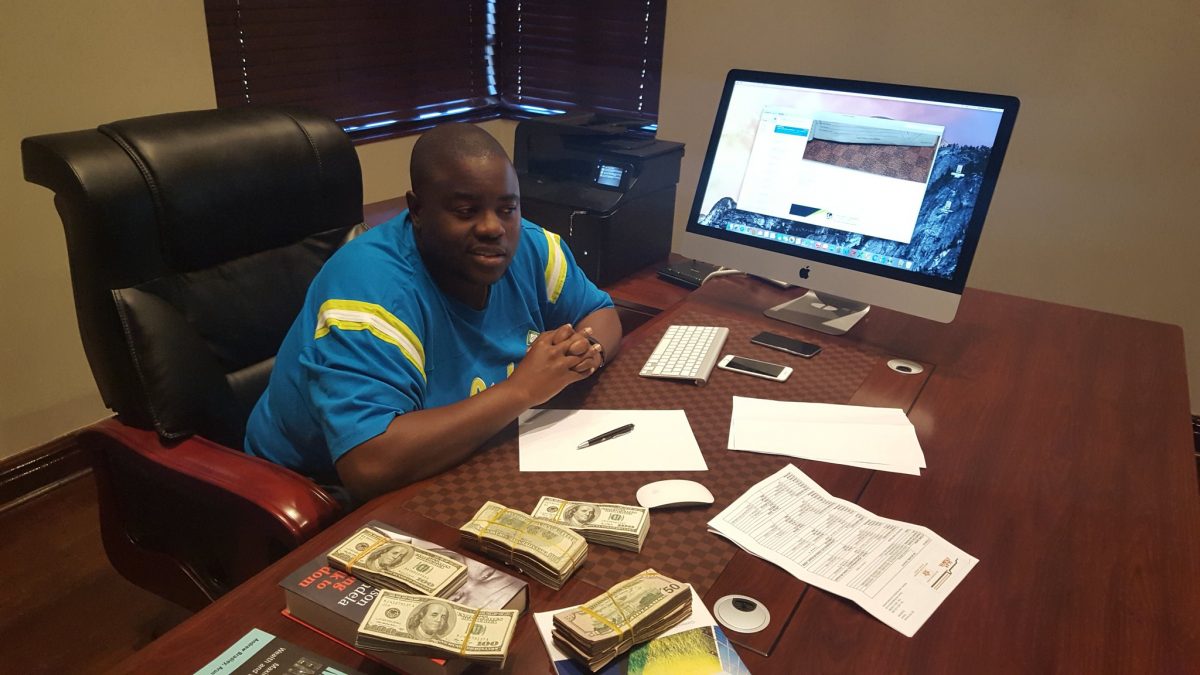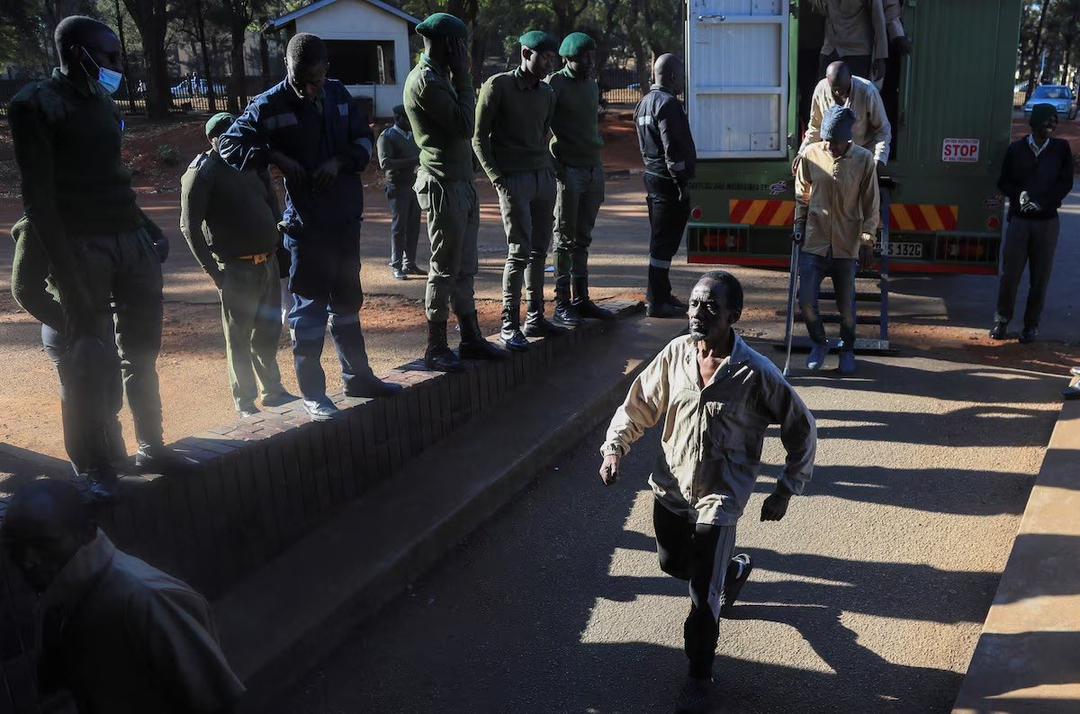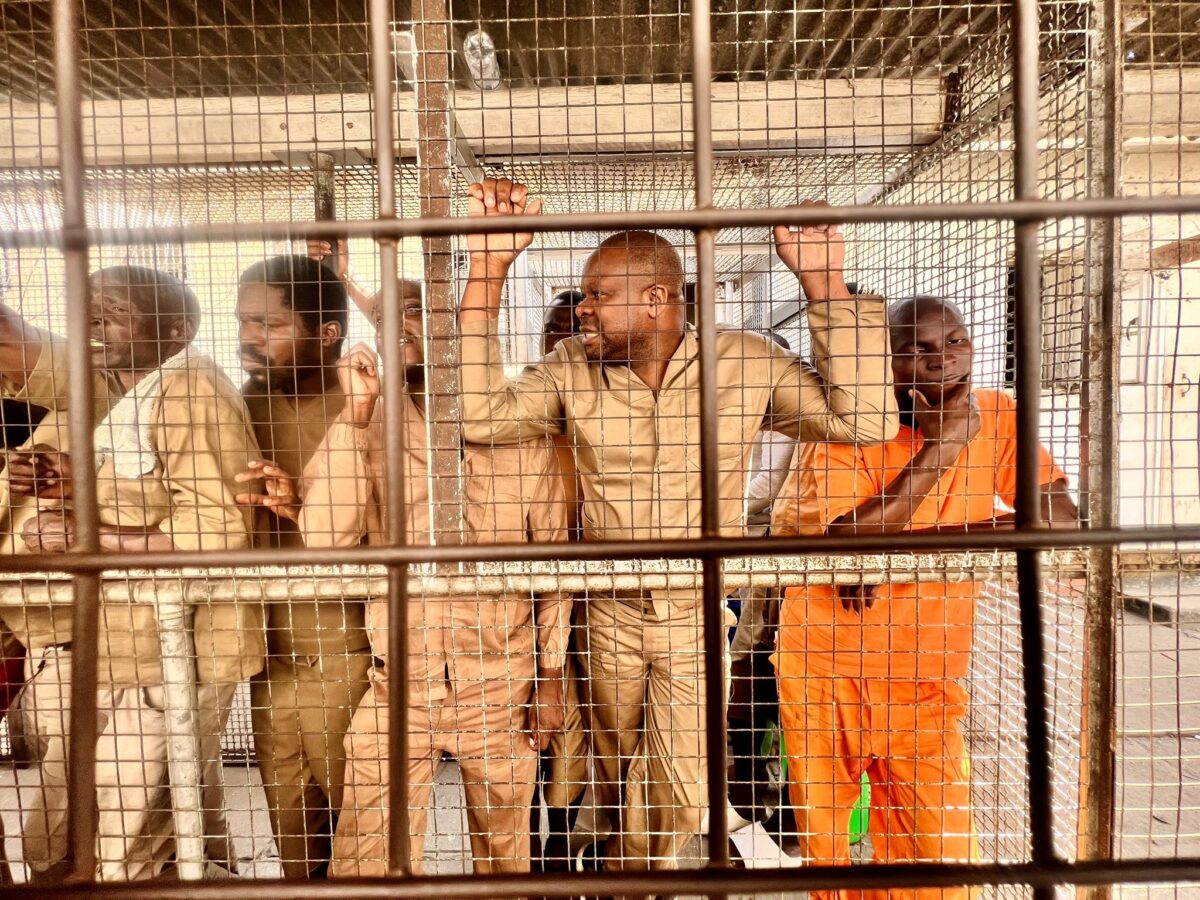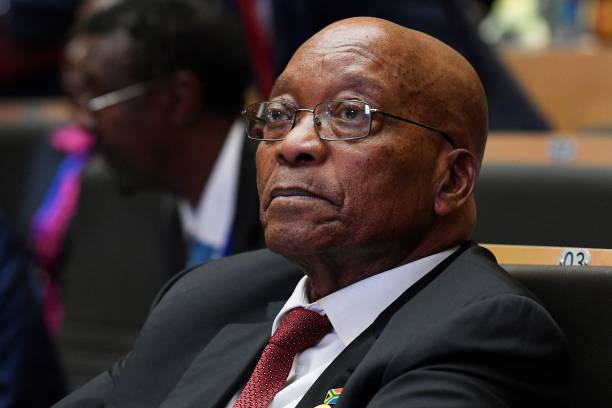BULAWAYO – Energy Minister Fortune Chasi has ordered ZESA bosses to recover US$5.6 million dollars paid to Intratrek Zimbabwe, a company awarded a tender to build a 100-megawatt solar plant in Gwanda.
Intratrek, fronted by controversial businessman Wicknell Chivayo, won the US$203 million tender in 2015, and the Zimbabwe Power Company, a subsidiary of ZESA, released US$5.6 million for pre-commencement works a year later.
The project should have been completed within 18 months of financial closure being reached.
ZESA later filed a criminal complaint against Chivayo after little development took place at the site in Gwanda, Matabeleland South. Chivayo had transferred most of the money to bank accounts that had nothing to do with the project, and prosecutors said only about US$48,000 appeared to have been used on site.
Chivayo’s trial collapsed, however, after a High Court judge ruled that the matter was a civil dispute.
Now Chasi, appointed to the job on Tuesday, wants ZESA to use every available legal instrument to follow the money.
“When you pay money, either you get value for your money or you get the money back. It’s that simple. No dilly-dallying,” Chasi, a lawyer, told ZimLive by phone from Kariba, where he was assessing Zimbabwe’s power generation at the country’s main hydro power station.
“If you cause financial loss, wilfully or through negligence you’re liable. If there are people who were in ZESA who acted negligently, we would also want that money from them; these are public funds.”
He said his ministry had told ZESA bosses that they must deliver on two things: “Obtain value within a prescribed time, or recover the money. If we don’t do that, we are failing in our responsibility.”
Chivayo told ZimLive he was looking for an opportunity to present his case to the new minister, and remains hopeful he will be allowed to finish the project.
“All I can say is that against all odds, with the new pragmatic minister, success of the project is inevitable. The minister is a very senior advocate and level-headed politician of unquestionable integrity. When he’s fully briefed of the facts on the ground, he will come up with a conclusion based on an informed position,” Chivayo said.
Chasi toured Lake Kariba on Thursday, after the Zambezi River Authority – a company jointly owned by Zimbabwe and Zambia – began rationing water following a drought, forcing Zimbabwe to reduce power generation.
Kariba Power Station, which was already operating at half capacity, has reduced generation further to 358 MW from 542 MW, leaving Zimbabwe with 969 megawatts of power daily against peak demand of 2,100 MW.
Zimbabwe has one hydro power plant and four coal-fired generators with a total combined capacity of 2,240 MW, just enough to meet the country’s demand.
Kariba has a generating capacity of 1,050 MW after another 300 MW was added in 2017.
Hwange, the biggest coal-fired plant was built in the 1980s and work only started last year to add another 600 MW after years of false starts.
The new generators will only come on stream in three years and even then, this does not guarantee power because the major coal supplier, Hwange Colliery, is struggling to stay afloat.
Three other smaller coal-fired plants with capacity to add 270 MW to the national grid are down after negotiations to secure funding from India’s Export and Import Bank to repair and upgrade the generators floundered.
In the last decade, Zimbabwe signed at least six power generation agreements, including solar power that would have added more than 3,000 MW in new electricity to the grid, but the projects failed to take off due to bureaucracy and lack of funding because of the country’s high political risk profile.
Chasi said of his tour: “The major reason for coming here is to try and understand, apart from general familiarisation with power generation, I wanted to understand the water situation.
“I met senior ZESA people and went to the Zambezi River Authority, which deals with allocation of water resources for purposes of power generation. We have to come up with a plan, and quickly, to make sure we minimise the power outages.”
ZESA owes millions of dollars to regional power suppliers, and it is unlikely it can obtain credit for increased imports to cover the shortfall.
















